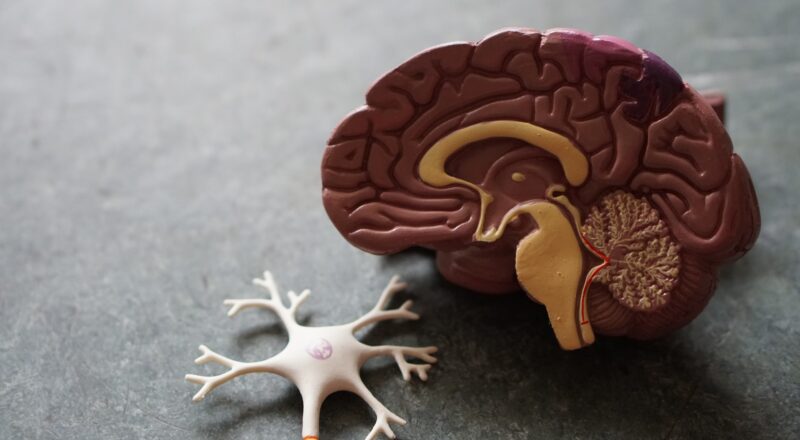A closer look at the tripeptide that detoxifies your brain — and I don’t mean your deepest, darkest secrets…
Glutathione may be just one of the more nameless antioxidants responsible for maintaining your health out of many. But what is it and what does it do exactly?
According to an article from Medical News Today, glutathione supports immune function, prevents harm from free radicals, produces vitamins, detoxifies the brain, assists in organ function and more.
The article claims that glutathione lowers the risk of getting certain diseases like cancer, nonalcoholic fatty liver disease, type 2 diabetes and ulcerative colitis. Not to mention, glutathione has been used to alleviate symptoms of Parkinson’s disease and treat autism.
I don’t know about you, but this sounds like an antioxidant that’d be good to have a lot of.
So how might one make sure they have high levels of glutathione throughout their body?
Medical News Today’s article also mentioned five ways you might do this: through supplementation by way of mouth, through an IV, by taking supplements that activate glutathione production, by reducing subjection to toxins or just by simply eating healthy.
Now that we know just how much glutathione is responsible for in the human body, let’s take a closer look at one of its more major roles — sustaining brain health.
Specifically, glutathione assists brain metabolism and protects cells from “reactive oxygen species.” Ralf Dringen, Professor of Neurology, Biochemistry and Molecular Genetics, said in an article that glutathione is especially important to our brain health because these “reactive oxygen species … will be generated in high rates within the brain.”
The glutathione is there to reduce the number of these toxins, otherwise, the “oxidative stress” would be too much for the brain and have a negative impact: “a compromised astroglial glutathione system in the oxidative stress reported for neurological disorders,” Dringen said.
Glutathione is not only helpful for our bodily processes but also for plants’.
In the Annual Review of Plant Physiology and Plant Molecular Biology, Graham Noctor and Christine H. Foyer, explain in their article how plants also utilize glutathione’s ability to keep “oxygen under control.”
According to their article, “glutathione pools against paraquat stress,” alongside ascorbate. I didn’t think plants could stress too. Thankfully though, both we and plants have glutathione to help alleviate one type of stress we undergo.
Sources:
https://www.medicalnewstoday.com/articles/323936#benefits
https://www.sciencedirect.com/science/article/pii/S030100829900060X?via%3Dihub#!
https://www.annualreviews.org/doi/10.1146/annurev.arplant.49.1.249

